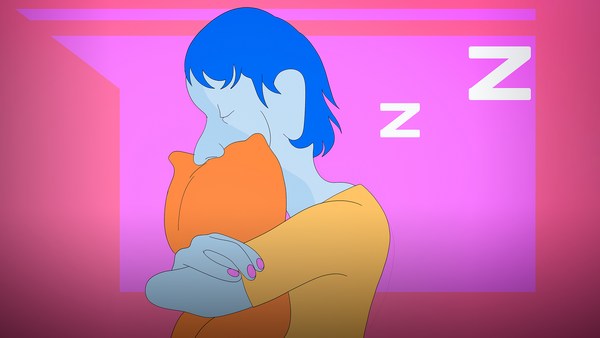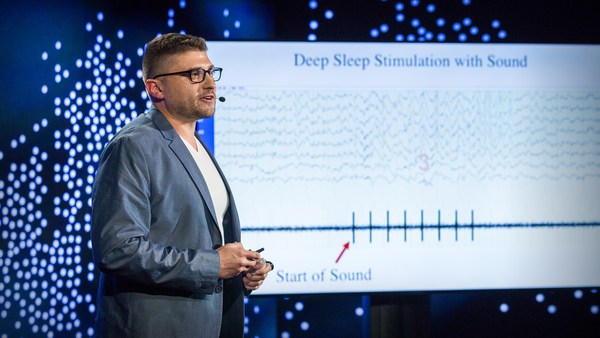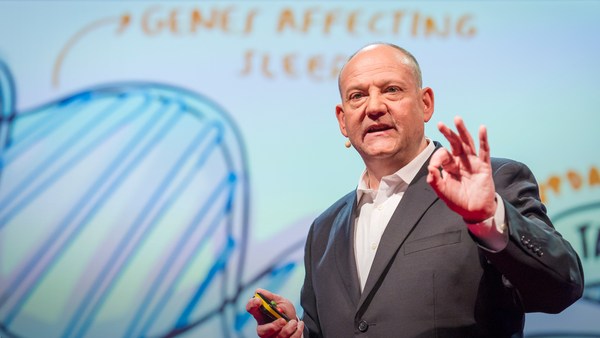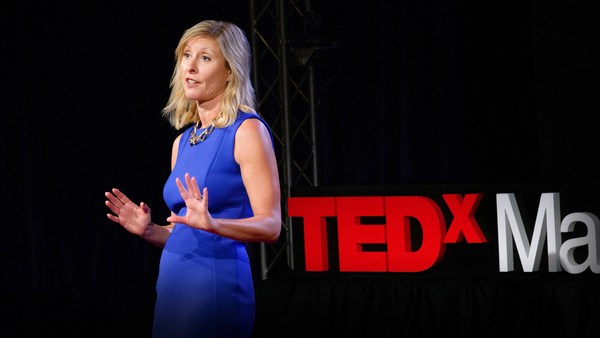Can a lack of sleep lead to unnecessary weight gain? Unfortunately, that’s what the scientific evidence tells us.
[Sleeping with Science]
Part of the reason is due to an imbalance in two key appetite-regulating hormones called leptin and ghrelin. Now, leptin sends a signal of fullness to your brain, so you feel satiated by your food. Ghrelin, on the other hand, does the opposite. It sends a signal of hunger to your brain. And sadly, these two hormones will go in opposite directions when we’re not getting enough sleep.
Specifically, a lack of sleep will decrease levels of leptin, so you won’t feel as satisfied by your meals; you won’t feel full. And if that weren't bad enough, levels of ghrelin will actually increase when you’re not getting sufficient sleep, so you’ll constantly feel hungry and you’ll want to eat more.
However, it's not just that you want to eat more when sleep gets short. It’s also about a change in what you want to eat. In particular, a lack of sleep will shift your preferences towards desiring higher-calorie and sugary carbohydrate foods.
What’s fascinating is that this relationship between sleep and food is a two-way street. We’ve discovered that eating to excess, and also eating a diet that contains high amounts of sugar and low amounts of fiber, are all associated with significantly worse sleep quantity and sleep quality.
The good news here is that we can think of sleep as a new tool to help regulate our body weight. And as a result, improve our overall health and our wellness.





